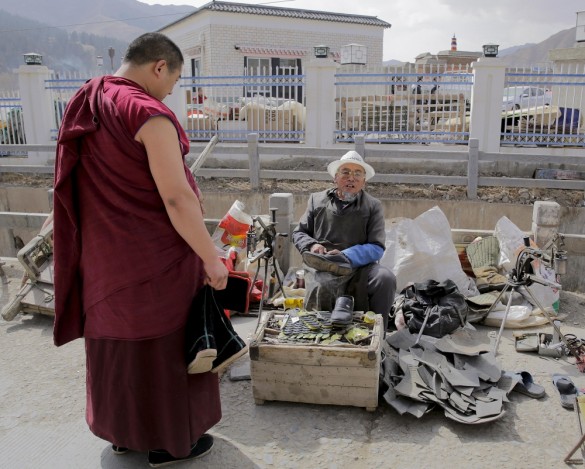
Shoes of Labrang Monastery. Ma Xiancheng (aged 66) repairs shoes at the foot of Labrang Monastery in Xiahe County, China. Photograph by Daoji Zhaxi, courtesy of The Other Hundred.
The Other Hundred Entrepreneurs
The Other Hundred is a unique not-for-profit photo-book initiated by the Global Institute For Tomorrow (GIFT) aimed at providing a counterpoint to the mainstream media consensus about some of today’s most important issues.
At its heart, The Other Hundred is an attempt to introduce readers to the vast majority of people, ideas, places and cultures simply ignored by most major media publications. Whether it is an excessive focus on extremes of wealth or poverty, the obsession with whatever is dominating the current news cycle or the pushing of a particular political agenda, mainstream news no longer accurately reflects the experience of most people around the world.
The second edition of The Other Hundred will focus on the theme of Entrepreneurs. It will capture the variety of ways in which people venture out on their own to create their livelihoods. We will not focus on conventional success stories but instead show just how entrepreneurial people can be when it comes to taking control of their lives.
A worldwide call for submission is opened from March 15th to June 8th and is free of charge to anyone interested in taking part. Judging will take place in July 2014. Winning entries will be chosen by our world-renowned jury: Lisa Botos, Ruth Eichhorn, Yumi Goto, Chandran Nair, Simon Cartledge and Stefen Chow. To take part in the second edition of The Other Hundred, make a submission HERE.
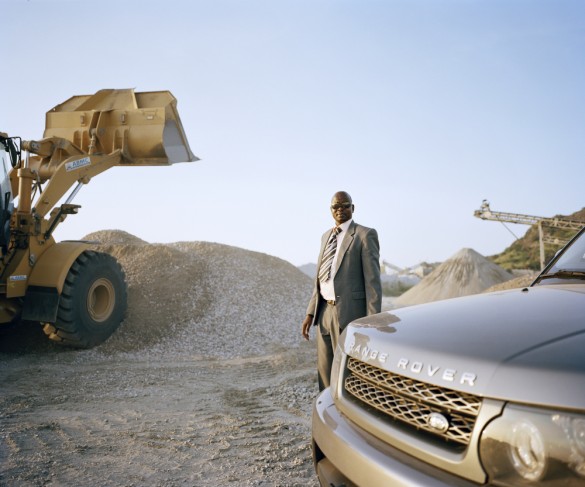
Benjamin Bol. South Sudanese entrepreneur. Bol is a former SPLA rebel soldier, now a successful and wealthy entrepreneur with a multi-million dollar business specialising in road construction. Photograph by Zed Nelson, courtesy of The Other Hundred.
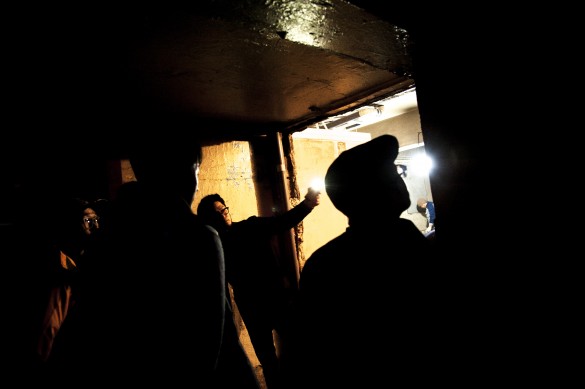
Planito, based in Busan is not your typical Korean company. Photograph by Ben Weller, courtesy of The Other Hundred.
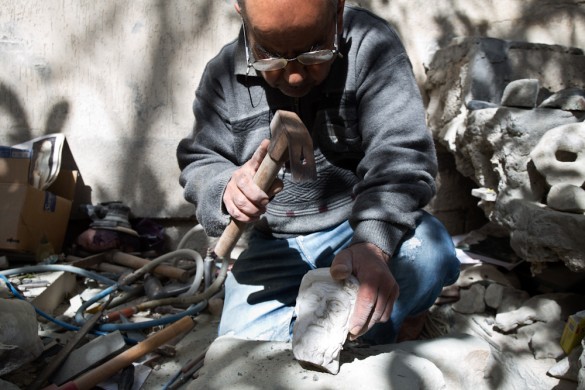
Harbye, Turkey – Abdullah Ozalp, 60, is a sculptor since 50 years ago. He comes from a family of amanuenses and started work carving stones for his father Ali. Photograph by Mattia Marinolli, courtesy of The Other Hundred.
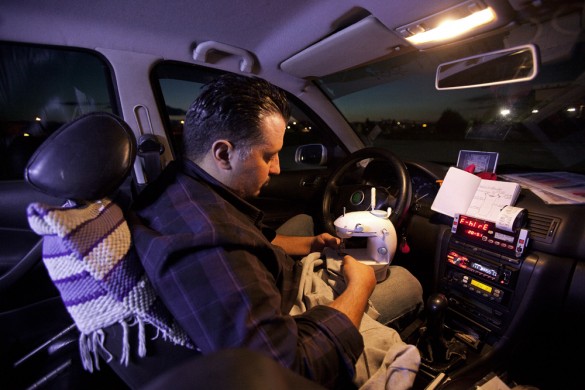
Photograph by Vaggelis Kousiorasi, courtesy of The Other Hundred.
Share

